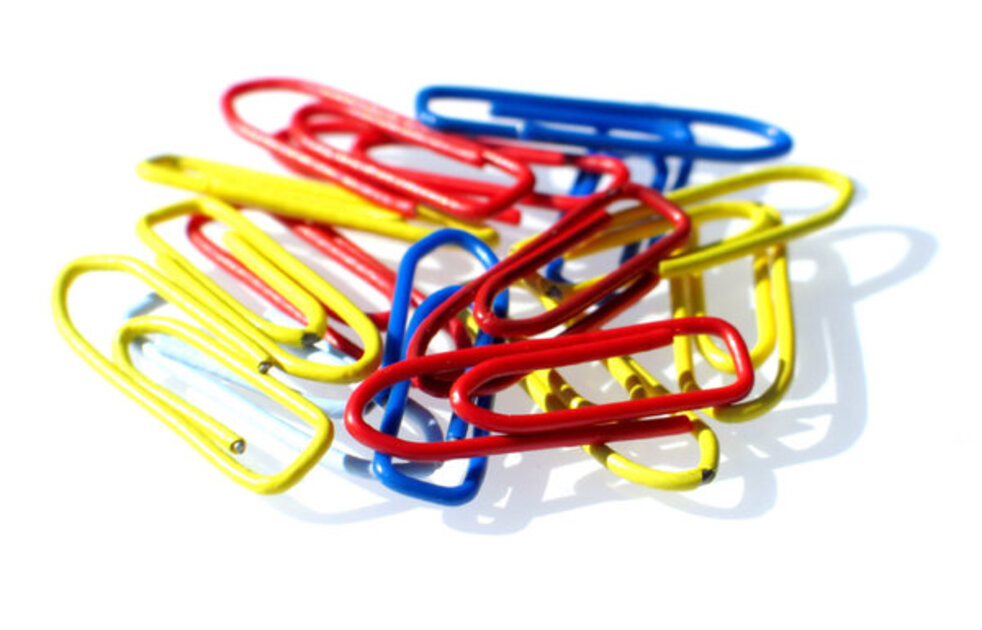
Our Gemara on Amud Beis discusses a concept that we have seen many times throughout Nedarim, namely, that vows are generally considered actions of the non-righteous. They are more often, impulsive, angry acts that do not represent the person's spiritual standing or ability to consistently follow the demands of the extra extension. This is why there is a phrase × ×“×¨×™ רשעים the oaths of the wicked, because generally speaking, they are not constructive acts of piety.
One exception to this rule is during a situation of duress. Tosafos (Chulin 2b) learns from Yaakov’s and Yonah’s actions, both of whom made pledges in situations of danger and distress. In such a case, it is different. I would say, presumably, because one needs merit immediately. By making a vow, one is showing intention to follow through, and thus obtains the merit as if he had already done it. (Later I saw Ha’amek She’eylah 23:1 who says this precise sevara.) This is codified in Shulkhan Arukh (YD 203:5).
Interestingly, the language of Shulkhan Arukh is that it is permitted to make vows in a crisis. And Tosafos in Chulin seems to lean in that direction as well. However, Piske Tosafos states that it is a Mitzvah to make vows and pledges in a crisis.
On a simple level we can say ideally it could be a Mitzvah – if you have the wherewithal to fulfill it. But since it is easy, somehow, to become sidetracked or distracted, it can end up backfiring. Indeed, there is a Midrash (Vayikra Rabbah 37) about Yaakov that indicates even in his situation that was partially endorsed, it still did not end well:
Though Yaakov’s prayer was that he be spared from idolatry, slander, sexual immorality, and murder, in the end, all of those unfortunate events occurred to him or his children, because he delayed in fulfilling his promise. Thus, his children committed murder in regard to the city of Shechem, they pillaged idolatrous materials and thus had possession of them. And Dina was a victim of sexual immorality. Yosef committed slander, and was the victim of slander. Furthermore, his own wife died, Rachel, which is one of the punishments that befall those who tarry in fulfilling their promises.
The bottom line is, though we might be permitted to make vows during a crisis, the interest payments are penalties are heavy if we don’t pay them up as soon as possible.

 Previous
Previous
